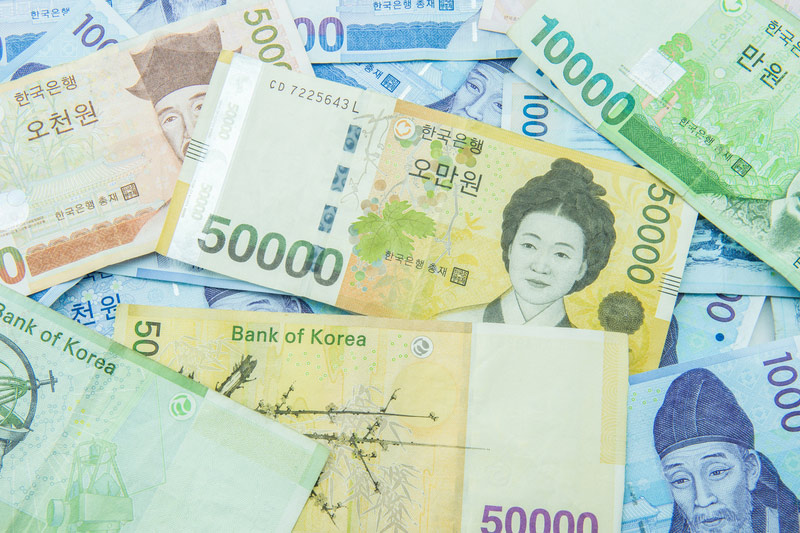Investing.com — Most Asian currencies fell on Monday, with the South Korean won suffering big losses amid an intensified political crisis in the country, while the U.S. dollar remained largely stable ahead of a major inflation report due this week .
Investor interest in riskier assets has also been eroded by geopolitical tensions in the Middle East, after rebels in Syria ousted President Bashar al-Assad and took control of Damascus.
According to media reports, al-Assad and his family landed in Moscow and were granted asylum while Israeli forces invaded Syria.
The South Korean won remains near a two-year low
The South Korean won pair climbed almost 1% on Monday, hovering around a two-year high. The currency had lost more than 2% in value against the US dollar last week.
The won is the worst performing currency in the region, having fallen almost 10% so far in 2024.
South Korea’s political crisis has intensified after prosecutors on Sunday launched a criminal investigation into President Yoon Suk Yeol over his failed attempt to impose martial law in the country last week. Yoon survived an impeachment vote in the opposition-controlled parliament on Saturday, but the head of his own party said Yoon would be sidelined before ultimately stepping down.
Asian currencies, already under pressure due to a strengthening dollar and fears of a US-China trade war under incoming US President Donald Trump, have come under further pressure due to political instability in South -Korea. The country is seen as a pillar of the East Asian economy.
The Taiwan dollar pair rose 0.3%, while the Singapore dollar pair was 0.1% higher.
The Australian dollar pair was largely unchanged before the Reserve Bank’s interest rate decision on Tuesday. The RBA is expected to leave rates unchanged but could temper its hawkish stance amid signs of weakening economic conditions in Australia.
The Indian rupee pair rose 0.1% after the Reserve Bank of India cut a key bank reserve ratio on Friday to boost liquidity, amid signs of a cooling Indian economy.
Japan’s GDP and China’s CPI in pictures
The Japanese yen pair was largely unchanged as investors remain divided over whether the Bank of Japan (BOJ) will raise interest rates next week following Monday’s economic growth data.
Revised data (GDP) showed Japan’s economy grew slightly stronger than expected in the third quarter. However, the value was well below the increase in the previous quarter.
The onshore Chinese yuan pair rose 0.3% after data showed Chinese yields contracted more than expected in November despite recent stimulus measures. November also remained moderate.
The focus this week will be on China’s annual Central Economic Work Conference (CEWC) for signals of more stimulus from the country’s central bank.
Dollar steady ahead of US inflation, Fed expected to cut rates next week
The figures were 0.1% higher, while the figures in Asia also rose slightly.
US inflation data for November will be released on Wednesday and could provide insight into the Federal Reserve’s interest rate trajectory.
Markets are expecting a 25 basis point cut from the Fed next week, even after data on Friday showed growth in November was stronger than expected.


